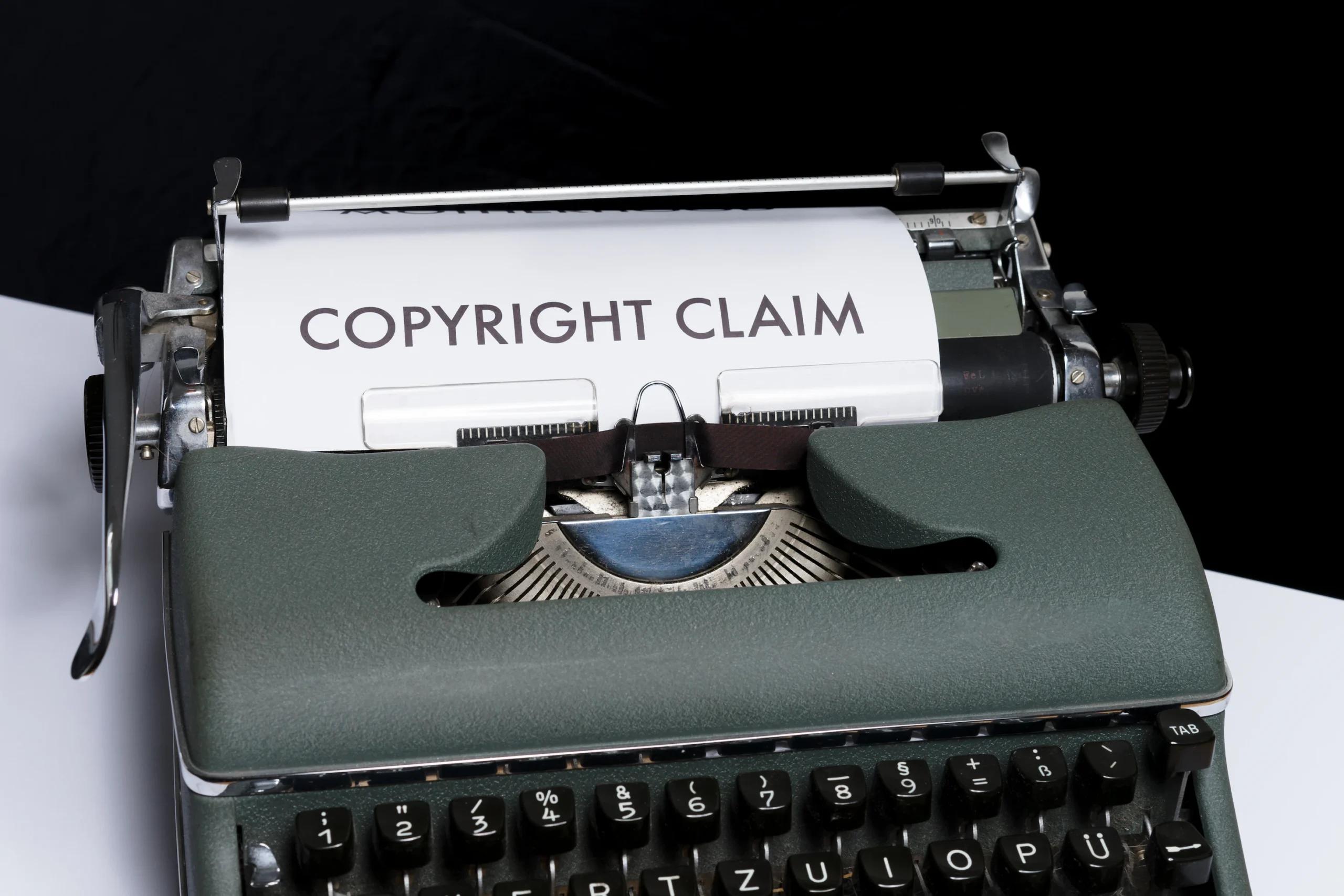Internet service provider Windstream has filed a declaratory judgment against BMG Rights Management over whether it is liable for its users’ copyright infringement. For several years, BMG’s rights enforcement partner Rightscorp has sent notices to Windstream, claiming that its customers were violating BMG’s copyrights. It demanded that Windstream take action against these customers, and also accused the ISP of allowing the infringement. In Windstream’s complaint, filed on June 27th, it argued that it is a “mere conduit for the transmission of internet services” and has no control over or any awareness of copyright infringement. It also argued that it qualifies for “safe harbor” under section 512 of the Digital Millennium Copyright Act, which limits liability for “transitory digital network communications.”
The safe harbor provisions of the DMCA afford ISPs a lot of protection, but they still have to meet every requirement of the law to be and stay eligible. In fact, at least one ISP has recently lost a case to BMG. Last December, a Virginia jury found Cox Communications liable for willful contributory copyright infringement and awarded BMG $25 million. It was the first time an ISP had been found liable for users illegally downloading and sharing music. As reported by Ars Technica, over the course of a two-week trial, the jury saw evidence that while Cox had a clear Acceptable Use Policy prohibiting infringement, it would terminate and then reactivate accounts of users known to commit repeated piracy, because it had prioritized customer retention over deterring infringement. According to company emails obtained during discovery, Cox’s Manager of Customer Abuse Operations described their “unwritten semi-policy” regarding this termination and reactivation process to employees:
As we move forward in this challenging time we want to hold on to every subscriber we can. With this in mind if a customer is terminated for DMCA, you are able to reactivate them after you give them a stern warning. We must still terminate in order for us to be in compliance with safe harbor but once termination is complete, we have fulfilled our obligation. After you reactivate them the DMCA ‘counter’ restarts; the procedure restarts with the sending of warning letters, just like a first offense. We do not talk about it or give the subscriber any indication that reactivating them is normal.
To maintain safe harbor eligibility, an ISP must show that it “has adopted and reasonably implemented, and informs subscribers and account holders of the service provider’s system or network of, a policy that provides for the termination in appropriate circumstances of subscribers and account holders of the service provider’s system or network who are repeat infringers.”
In denying Cox Communications’ motion for summary judgment and rejecting their claim of safe harbor before the trial commenced, Judge Liam O’Grady had also relied heavily on the content of these emails. He said, “To implement the repeat infringer policy contemplated by 512(i), the penalty imposed by service providers must be termination. Service providers cannot skirt the termination requirement by imposing something short of complete termination of a subscriber or account holder.”

Where creative minds come together
In Windstream’s complaint, it is denying any awareness of infringement and arguing that Rightscorps’ notices were insufficient in providing evidence of any infringement by its users.
For more on the DMCA and other copyright matters, keep reading The Fried Firm blog.



